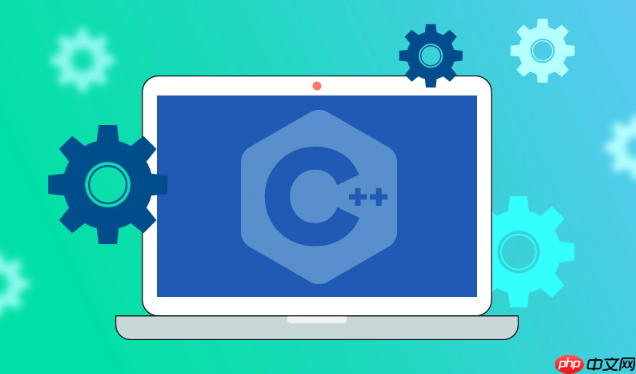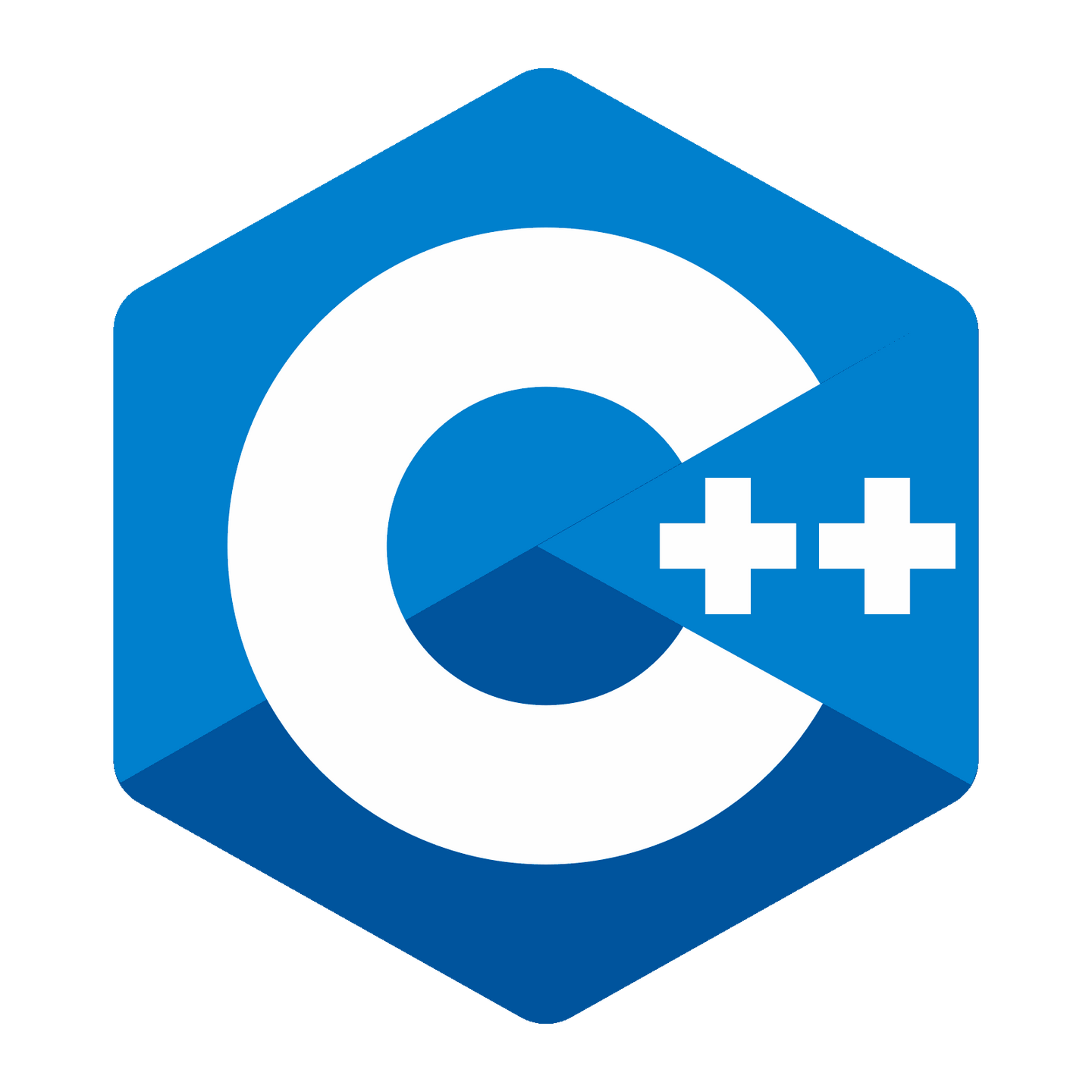插件化系统通过动态库实现主程序与模块解耦,利用统一接口IPlugin和C风格导出函数完成插件的动态加载、调用与卸载,主程序通过LoadLibrary/dlopen加载库并获取create_plugin/destroy_plugin函数指针来管理插件生命周期,确保跨平台兼容性和ABI稳定性。

设计一个插件化系统,核心在于实现主程序与功能模块的解耦,允许在运行时动态加载、调用和卸载功能。C++本身不直接支持反射或模块热插拔,但通过动态链接库(如DLL或so)和函数指针机制,可以构建灵活的插件架构。
插件系统依赖动态库的加载能力。主程序在运行时通过LoadLibrary(Windows)或dlopen(Linux)加载外部模块,并通过GetProcAddress或dlsym获取导出函数地址。关键在于定义统一的接口规范,确保主程序能以一致方式调用不同插件。
基本流程如下:
为保证兼容性,主程序和插件需共享一套抽象接口。通常将接口声明放在独立头文件中,由双方包含。
立即学习“C++免费学习笔记(深入)”;
// plugin_interface.h
class IPlugin {
public:
virtual ~IPlugin() = default;
virtual int initialize() = 0;
virtual int execute() = 0;
virtual void shutdown() = 0;
virtual const char* getName() const = 0;
};
<p>// 入口函数类型定义
extern "C" {
typedef IPlugin<em> create_plugin_t();
typedef void destroy_plugin_t(IPlugin</em>);
}
这个接口是插件与主程序通信的基础。所有插件必须继承IPlugin并实现对应方法。
每个插件需提供两个C风格函数用于创建和销毁实例,避免C++命名修饰带来的兼容问题。
// sample_plugin.cpp

Ke361是一个开源的淘宝客系统,基于最新的ThinkPHP3.2版本开发,提供更方便、更安全的WEB应用开发体验,采用了全新的架构设计和命名空间机制, 融合了模块化、驱动化和插件化的设计理念于一体,以帮助想做淘宝客而技术水平不高的朋友。突破了传统淘宝客程序对自动采集商品收费的模式,该程序的自动 采集模块对于所有人开放,代码不加密,方便大家修改。集成淘点金组件,自动转换淘宝链接为淘宝客推广链接。K
 0
0

#include "plugin_interface.h"
#include <iostream>
<p>class SamplePlugin : public IPlugin {
public:
int initialize() override {
std::cout << "SamplePlugin initialized\n";
return 0;
}</p><pre class='brush:php;toolbar:false;'>int execute() override {
std::cout << "SamplePlugin executing\n";
return 42;
}
void shutdown() override {
std::cout << "SamplePlugin shut down\n";
}
const char* getName() const override {
return "SamplePlugin";
}};
// 导出创建函数 extern "C" IPlugin* create_plugin() { return new SamplePlugin(); }
// 导出销毁函数 extern "C" void destroy_plugin(IPlugin* p) { delete p; }
编译时生成动态库(如libsample_plugin.so或sample_plugin.dll),供主程序加载。
主程序负责发现、加载、调用和释放插件。以下是跨平台加载的核心逻辑:
#include <map>
#include <string>
#ifdef _WIN32
#include <windows.h>
using lib_handle = HMODULE;
#else
#include <dlfcn.h>
using lib_handle = void*;
#endif
<p>class PluginManager {
struct PluginEntry {
lib_handle handle;
IPlugin* instance;
};</p><pre class='brush:php;toolbar:false;'>std::map<std::string, PluginEntry> plugins;public: bool loadPlugin(const std::string& path, const std::string& name) { lib_handle handle =
LoadLibraryA(path.c_str());
dlopen(path.c_str(), RTLD_LAZY);
if (!handle) return false;
auto create_func = (create_plugin_t*)GetProcAddress(handle, "create_plugin");
dlsym(handle, "create_plugin");
if (!create_func) {FreeLibrary(handle);
dlclose(handle);
return false;
}
IPlugin* plugin = create_func();
plugins[name] = {handle, plugin};
return true;
}
void unloadAll() {
for (auto& [name, entry] : plugins) {
((destroy_plugin_t*)GetProcAddress
dlsym
(entry.handle, "destroy_plugin"))(entry.instance);
FreeLibrary(entry.handle);
dlclose(entry.handle);
}
plugins.clear();
}};
主程序可通过配置文件或目录扫描自动发现插件,调用其initialize()启动,execute()执行任务,最后统一释放。
构建稳定插件系统需要注意以下几点:
可扩展方向包括支持插件依赖、热重载、沙箱机制等。对于复杂场景,可结合JSON或XML配置元信息。
基本上就这些。只要接口清晰、生命周期明确,C++插件系统并不复杂,但容易忽略细节导致崩溃。关键是保持边界简单,尽量用C风格交互,核心逻辑用C++抽象。
以上就是c++++怎么设计一个插件化系统_C++动态模块加载与插件架构设计方法的详细内容,更多请关注php中文网其它相关文章!

c++怎么学习?c++怎么入门?c++在哪学?c++怎么学才快?不用担心,这里为大家提供了c++速学教程(入门到精通),有需要的小伙伴保存下载就能学习啦!

Copyright 2014-2025 https://www.php.cn/ All Rights Reserved | php.cn | 湘ICP备2023035733号